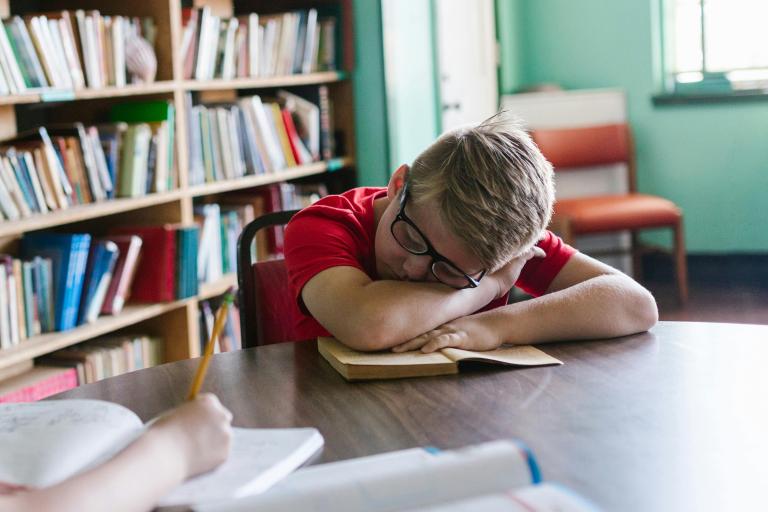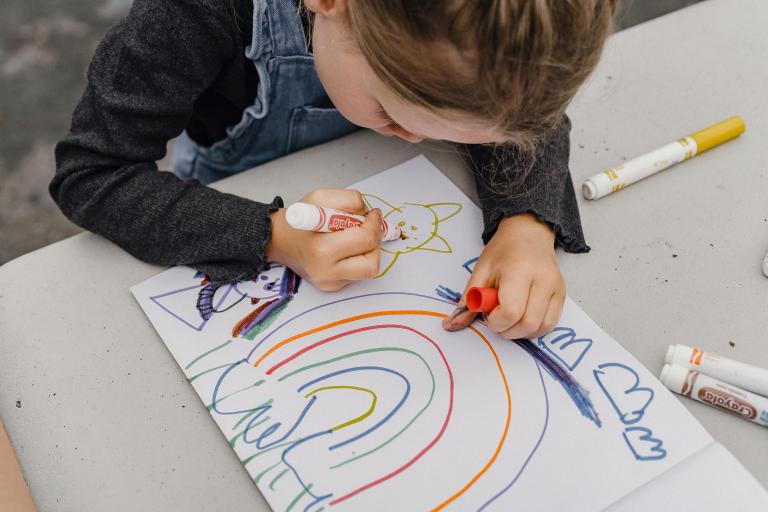Energy levels
Energy levels are the degree of physical activity levels shown by children. Some children are more active than others.
For example:
- some need to be moving around more than others
- others can sit still for longer periods of time
- some are less active
It is normal behaviour for children to be highly active, especially at younger ages. They will gradually grow out of it.
Other children may seem to be tired or lacking energy.
Reduced energy levels

Neurodivergence can reduce energy levels due to:
- sensory overload
- broken sleep
- limited diet
- managing difficulties around social expectations
- pressures of communicating
- anxiety
To increase your child's energy or to stop them feeling tired, you can:
- get them to exercise more
- give them snacks when they are feeling tired
- encourage them to give up caffeinated drinks
- help maximise their sleep
- improve their diet
- provide time for them to access quiet, calm spaces to reduce social/sensory overloads

Some neurodivergent children and young people may find it hard to manage their energy. They might feel tired, overwhelmed or burnt out.
Energy accounting is a way to help them understand how much energy they have and how to use it wisely.
How to use energy accounting
Help your child or young person to:
- set a daily or weekly energy limit
- notice and explore which activities use up their energy
- notice which activities help them feel more energised
- balance energy draining activities with energy boosting ones
Try to plan their day or week so they:
- do not run out of energy
- can spread out demanding tasks
- have to time to rest and recover
- feel less stressed
Making time to rest and recharge
Whether you use energy accounting or not, rest is important.
Encourage your child to take breaks from:
- school or homework
- busy or noisy places
- activities that feel stressful

Help them find time for things that help them relax, such as:
- hobbies or interests
- spending time with family or friends
- quiet time alone
Letting your child be themselves
Some autistic children or young people feel they need to hide their traits in public. This is called masking.
It can be tiring and stressful.
Try to give your child time and space where they can:
- stim or move in ways that feel good to them
- be themselves without feeling judged
- feel safe and accepted
Supporting children with high energy
Some neurodivergent children have lots of energy. They may:
- move quickly from one thing to another
- find it hard to listen or follow instructions
- struggle at school or show challenging behaviour
There's no one-size fits all approach, but these tips can help:
- create routines - keep things predictable and calm
- pick your battles - focus on what matters most
- break tasks into small steps - give one instruction at a time
- reduce distractions - keep the space simple and quiet
- use praise - notice and reward positive behaviour
- create a to-do list with your child - help them stay on track
- allow unstructured time - let them play freely
- offer sensory tools - things like fiddle toys and sensory items can help them stay calm
